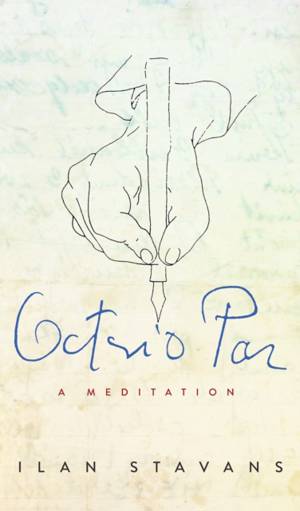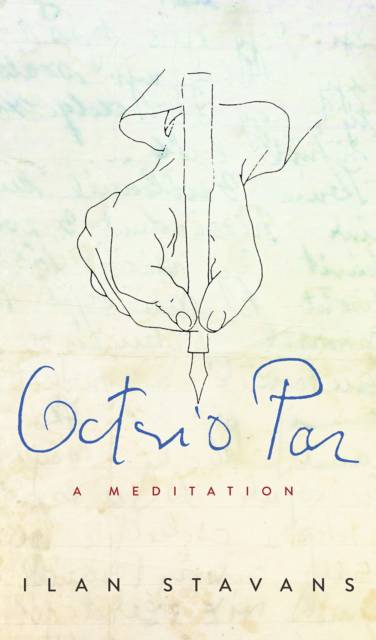
- Afhalen na 1 uur in een winkel met voorraad
- Gratis thuislevering in België vanaf € 30
- Ruim aanbod met 7 miljoen producten
- Afhalen na 1 uur in een winkel met voorraad
- Gratis thuislevering in België vanaf € 30
- Ruim aanbod met 7 miljoen producten
Zoeken
Omschrijving
Octavio Paz: Nobel Prize winner, author of The Labyrinth of Solitude and Sor Juana, or, the Traps of Faith, precursor and pathfinder, a guiding light of the Mexican intelligentsia in the twentieth century. In this small, memorable meditation on Octavio Paz as a thinker and man of action, Ilan Stavans--described by the Washington Post as "one of our foremost cultural critics" and by the New York Times as "the czar of Latino culture in the United States"--ponders Paz's intellectual courage against the ideological tapestry of his epoch and shows us what lessons can be learned from him. He does so by exploring such timeless issues as the crossroads where literature and politics meet, the place of criticism in society, and Mexico's difficult quest to come to terms with its own history. Stavans reflects on Paz's personal struggle with Marxism and surrealism, his reflections on pachucos, his analysis of love and eroticism, his study of the life and legacy of Sor Juana Inés de la Cruz, and his influence as a magazine editor. But this extraordinary rumination is not only a thought-provoking appraisal of Paz; it is also a feast for the myriad admirers of Stavans, himself a spirited, mordant essayist who is not afraid of controversy. This explains why Richard Rodriguez has portrayed Stavans as "the rarest of North American writers--he sees the Americas whole," and then added, "Not since Octavio Paz has Mexico given us an intellectual so able to violate borders with learning and grace." Octavio Paz: A Meditation is a fitting addition to Stavans's own oeuvre that will stimulate discerning readers.
Specificaties
Betrokkenen
- Auteur(s):
- Uitgeverij:
Inhoud
- Aantal bladzijden:
- 89
- Taal:
- Engels
Eigenschappen
- Productcode (EAN):
- 9780816542567
- Verschijningsdatum:
- 21/09/2021
- Uitvoering:
- Paperback
- Formaat:
- Trade paperback (VS)
- Afmetingen:
- 127 mm x 213 mm
- Gewicht:
- 136 g

Alleen bij Standaard Boekhandel
+ 52 punten op je klantenkaart van Standaard Boekhandel
Beoordelingen
We publiceren alleen reviews die voldoen aan de voorwaarden voor reviews. Bekijk onze voorwaarden voor reviews.











